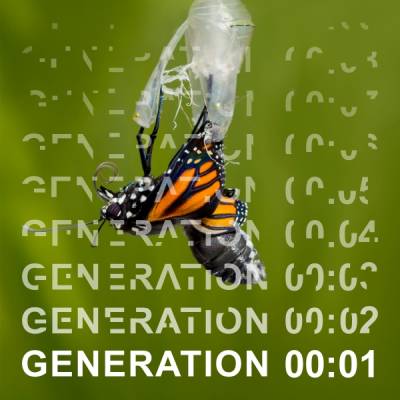24 - How can a university go vegetarian?

The UCL community is Powered by Plants with vegetarian catering for our events and meetings. Our aim is to raise awareness of the environmental and health benefits provided by plant-based diets.
The Powered by Plants campaign began when Green Champions within the Psychology of Language Division (PALS) raised the question of whether the department could provide 100% vegetarian catering across events and meetings. They felt this would enhance the health and wellbeing of staff and students and would be a positive action in the face of the Climate Emergency.
Following this a number of other divisions followed suit, and UCL then took the decision to make this a UCL wide initiative. This means we have vegetarian and vegan food as the standard in hospitality.
The campaign has also spread to other Psychology departments, including at the University of Auckland, Bath and Royal Holloway.
Why go vegetarian?
Better for our climate
The 2018 Intergovernmental Panel on Climate Change (IPCC) report, which UCL researchers made significant contributions to, calls for ‘rapid and far-reaching’ transitions in policies on agriculture and dietary change. The meat and dairy industry produces 60% of agriculture’s greenhouse gas emissions(2) and it is considered to be the leading cause of species extinction, ocean dead zones, water pollution, habitat destruction and land desertification(3). If all departments switched to 100% vegetarian catering, UCL’s food emissions would be reduced by 40%, saving ~5,000 tonnesCO2 per annum, equivalent to taking 1,000 cars off the road(4).
Better for our health
There is now compelling scientific evidence that reducing meat consumption improves health (5) and reduces the risk of some of the leading causes of death today including cardiovascular disease, some cancers, type 2 diabetes and bowel cancer(6).
There are also significant health benefits to addressing climate change; twelve UCL departments contributed to the Lancet Countdown which concluded that "tackling climate change could be the greatest opportunity for global health in the 21st century"(7).
The campaign was endorsed by UCL’s Sustainability Director, Richard Jackson:
“We are delighted that the UCL Division of Psychology and Language Sciences are leading the way in sustainability by going 100% vegetarian. The meat industry is one of the least sustainable sectors, emitting 51% of annual greenhouse gas emissions and clearing 88% of rainforests for grazing. We’re overwhelmed with the commitment that the UCL community has shown in pushing sustainability to the front of UCL’s agenda and leading us towards a sustainable future.”
Sustainable UCL are working with UCL’s caterers to improve the sustainability of the whole catering offer, from introducing plastic-free hospitality to carbon footprinting of the food in the UCL refectory.
Find out more about sustainable food at UCL.
For further tips on running a sustainable event at UCL, see our Sustainable Events resources page.
 Close
Close



